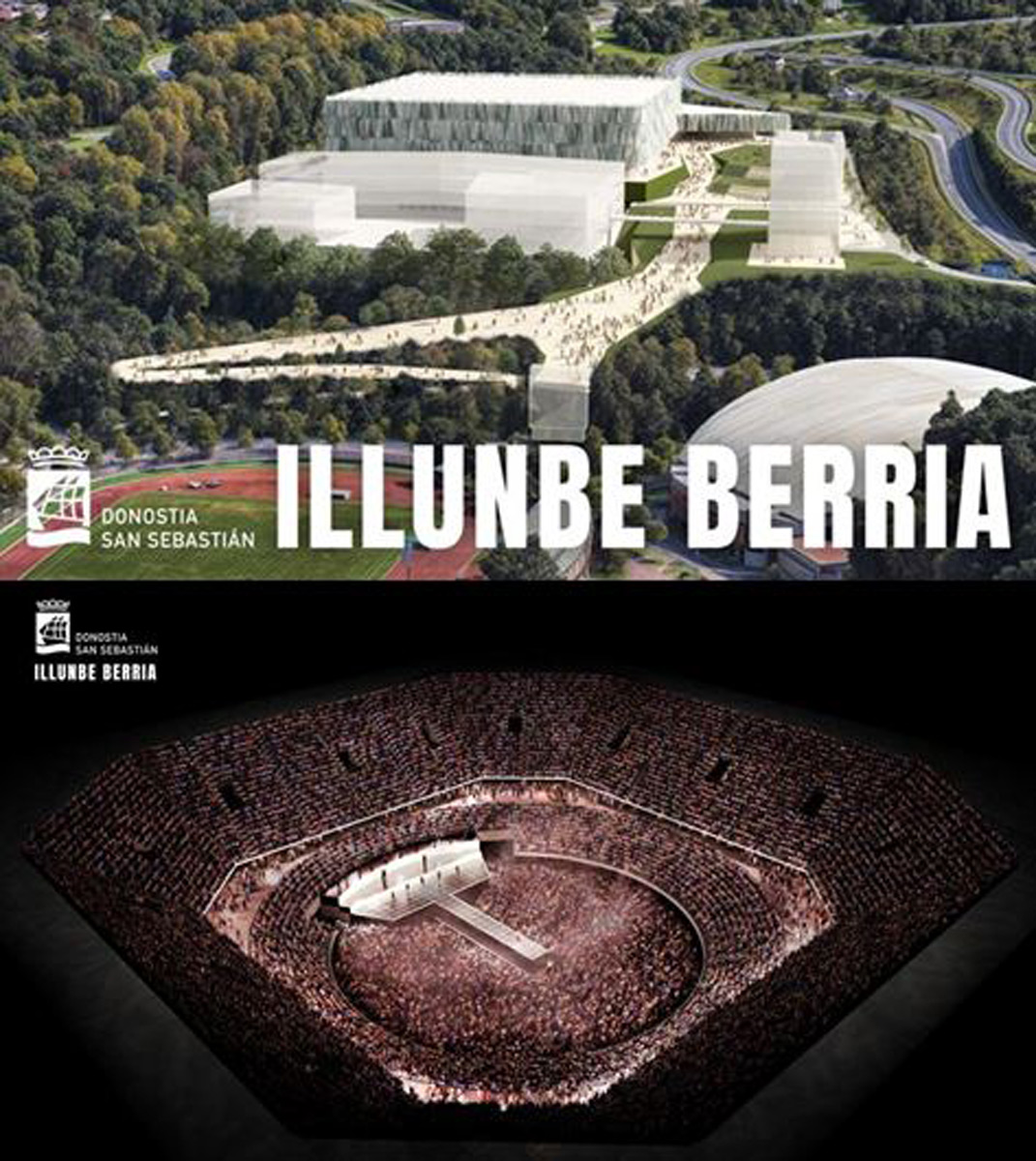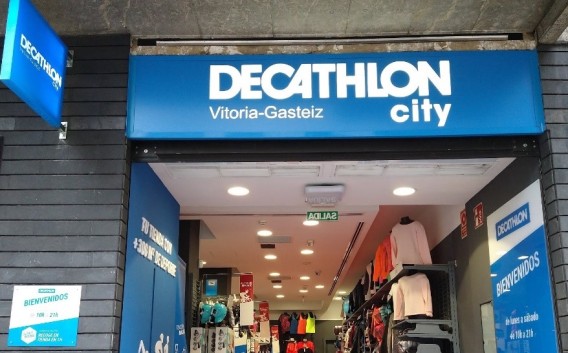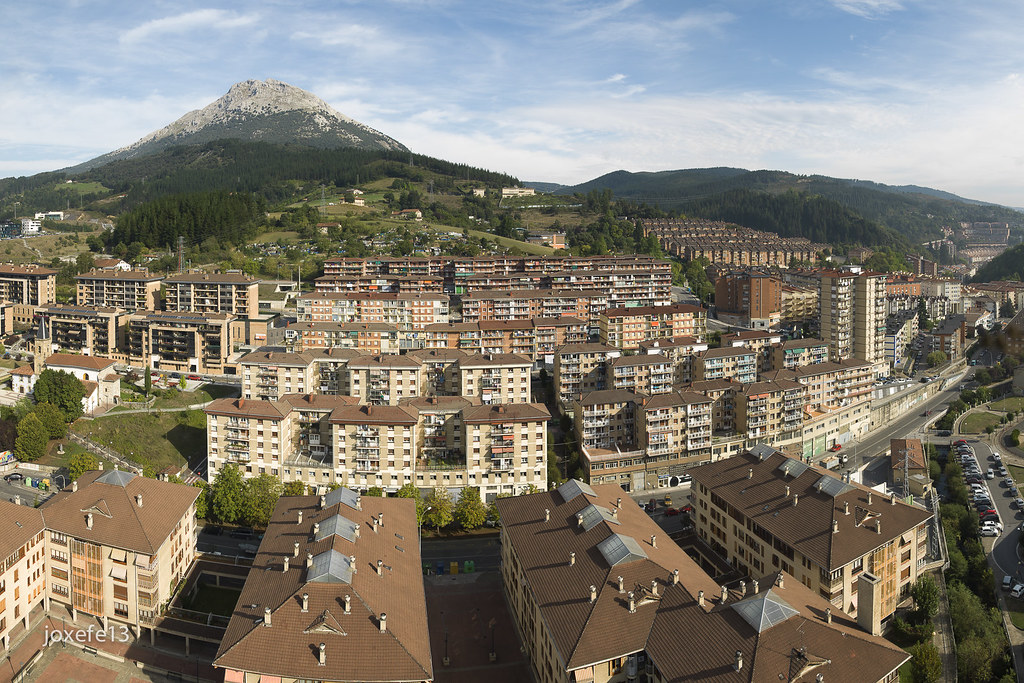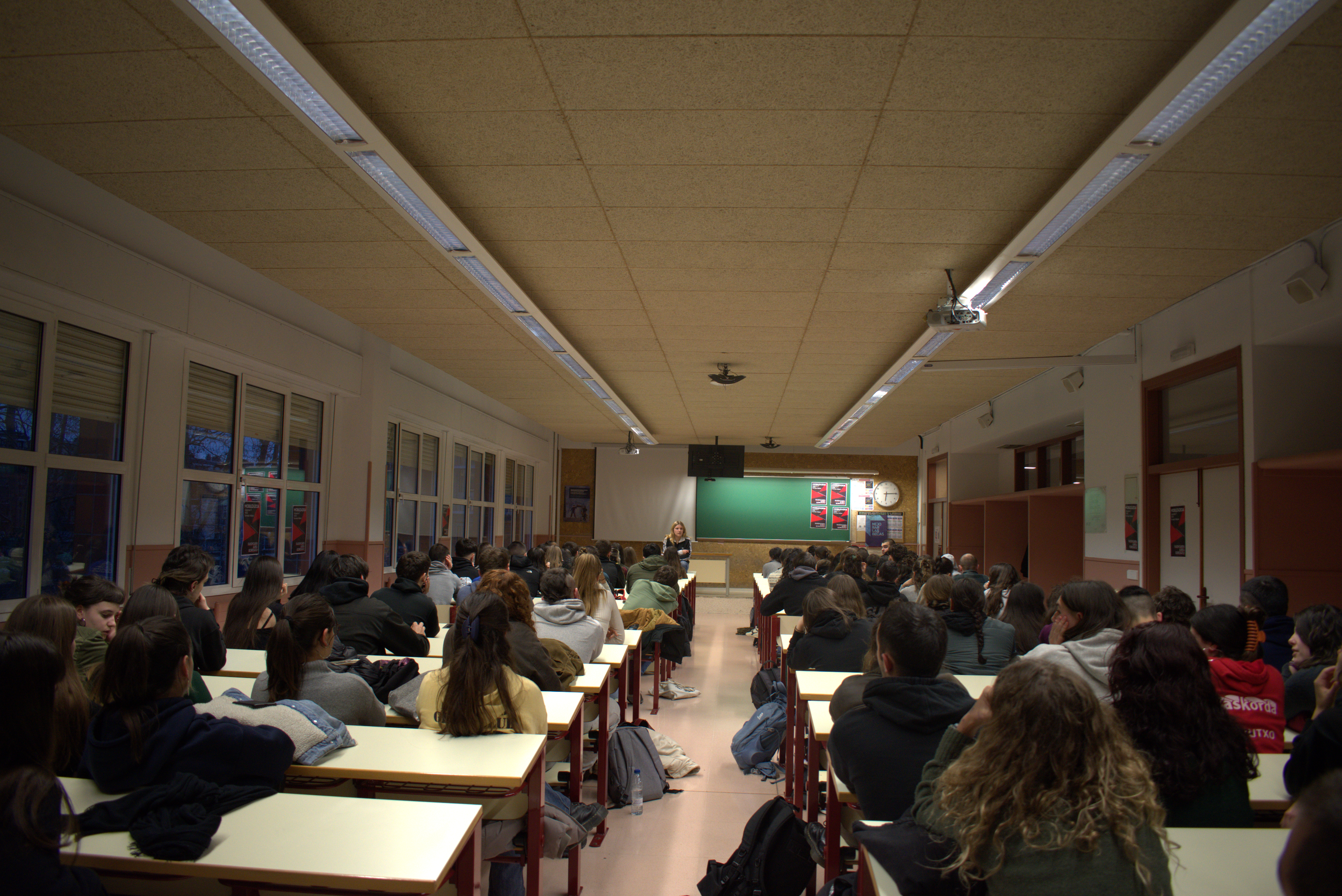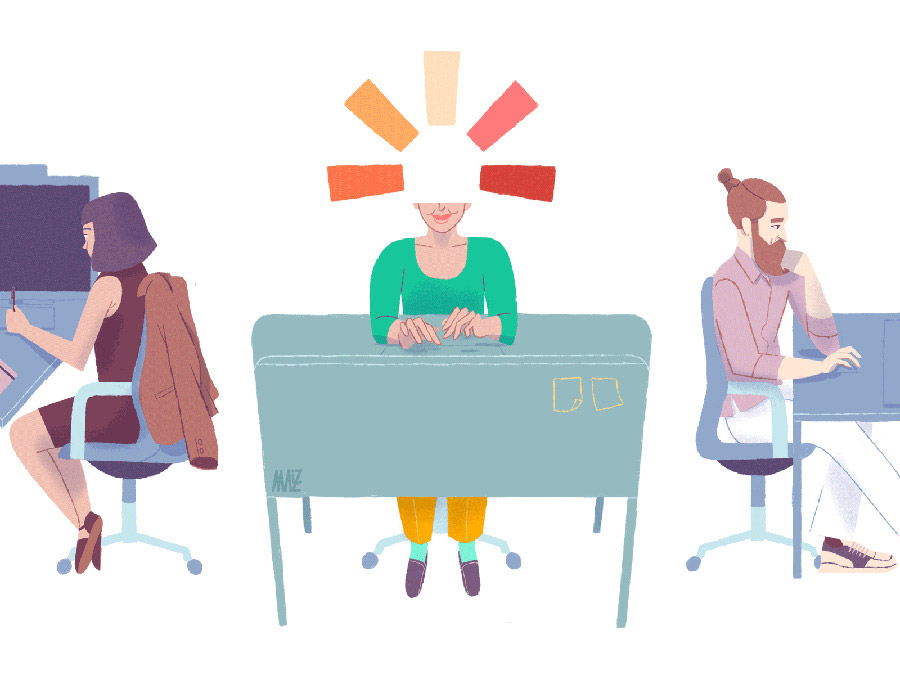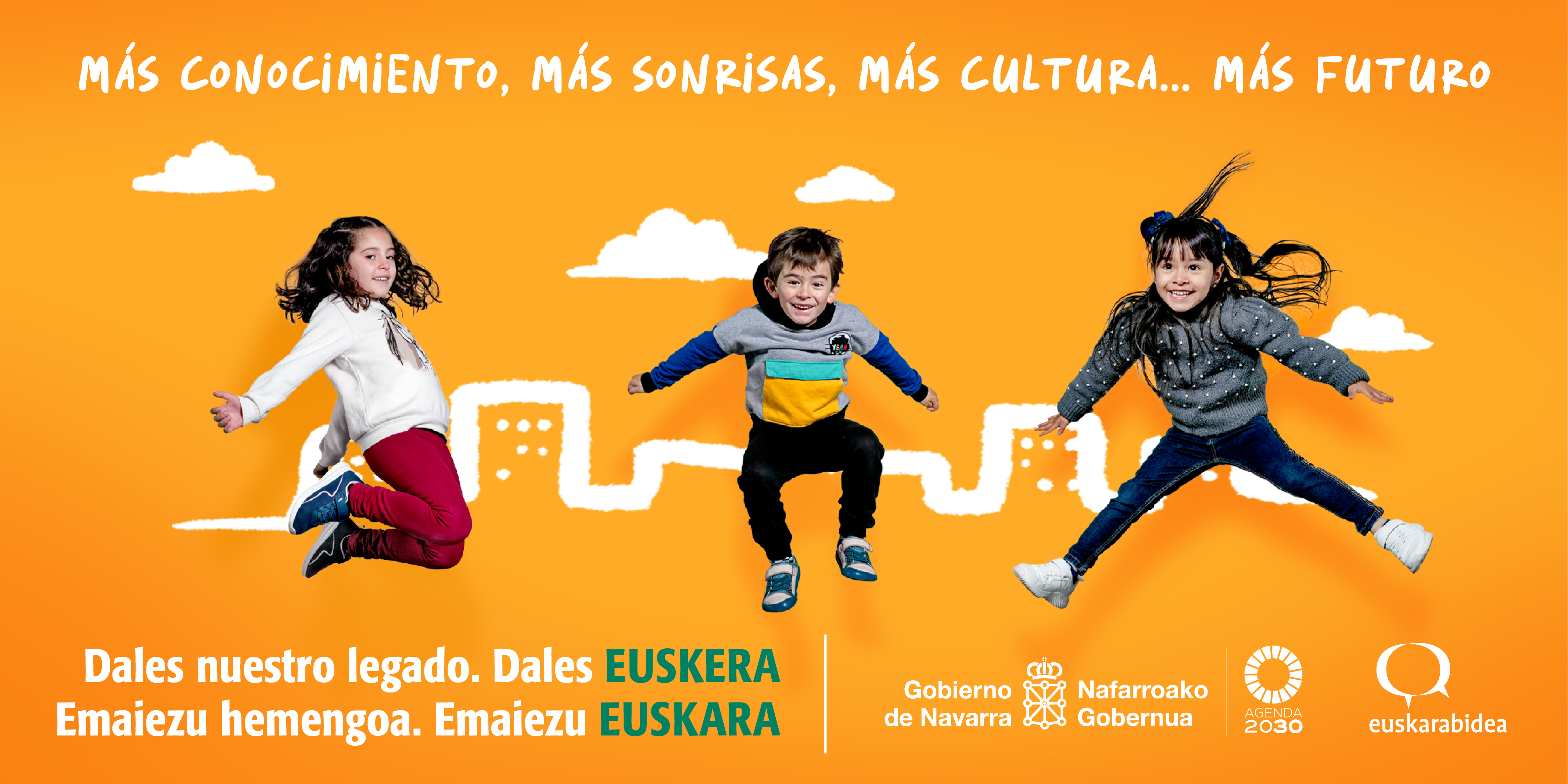Eh Bildu proposes to end the “public-concerted” dichotomy and eliminate models A, B and D
- Eh Bildu received last Saturday a proposal for the reform of the education system in the Basque Country. He wants to implement a "model of immersion and maintenance" in Basque schools, and he wants to give more powers to the municipalities of each place to intervene in the centers.

At the Political Conference held on Saturday in Donostia-San Sebastian, EH Bildu made public its proposal for the reform of the education system. The document, which was supported by 88.5% of the partners, should now be put to a vote of the militancy on the final text. The coalition wants to achieve a “radical change” of the educational model with a new approach: “Our objective is to form a sovereign educational system at the service of the collective development of Euskal Herria: Euskaldun, co-educator, inclusive, participative, secular, free, citizen and public”.
The Naiz media has put into circulation a provisional text which is intended to be very positive. The most obvious change is the overcoming of the “public-concerted dichotomy” that had hitherto been established in the educational system. According to the approach of the political coalition, the legal character of the Community educational institutions can be both public and private. However, all the centres must enter into the same cooperation agreement with the Basque Government, with the same rights and obligations applying to them. In the case of the Haurreskolak, they have also requested their inclusion within this public network.
The signatory centres would receive 100% funding from the Basque Government, and no fees could be levied on the centres endowed with these funds. In fact, the coalition claims that lack of funding is an obstacle to tackling the problems of schools with special educational needs. In centers where there are segregations, high migration rates, students clashing cultures and special needs, there is a shortage of resources and, on many occasions, “diversity becomes a problem more than an opportunity”.
Besides proposing changes in the budget, EH Bildu wants to seek the involvement of all the agents that make up the school environment: a decentralized school model, with the direct participation of the agents who are familiar with the situation. The party has proposed to create the Local Cooperative Educational Ecosystems (THEK) that will be part of the organigram of the Department of Education of the Basque Government. The team shall be composed of representatives of municipalities (departments of culture, youth, education, migration and society), schools, leisure groups, Osakidetza and sports facilities.
Analyzing the situation of the centers, it is intended to give these agents the competence of local changes so that they have as many competencies as possible, although the necessary legal loopholes are still needed to do so. According to the document, the team will agree and develop the basic education line of the centers and its curriculum, coordinate the extracurricular resources, develop proposals to value diversity and develop plans for the reception and adaptation of immigrants, among others.
In addition to promoting diversity and interculturality, the new proposal aims to take steps around the Basque Country and the Basque culture. In the words of the coalition, these are two points that have been left out in the current system: “Two heteropatriarchal neoliberal states [Government of Spain and France] use educational systems to reproduce their values and mentalities and turn them into hegemonic: They deny the existence of Euskal Herria and other peoples and cultures, exacerbate social gaps”. The objective, therefore, is to turn the Basque curriculum into an axis to advance in “cultural transmission and affective communication”.
Disappearance of models A, B and D
With regard to language, they stressed that the shortcomings of the current system are serious, as the linguistic models applied “do not euskaldunify enough”. According to the coalition, the educational community of Euskal Herria has repeatedly explained where the problems are and where the solutions are: The system of models A, B and D is not effective to guarantee the Basque level; the only system should be the immersion and maintenance model.
In addition to fully implementing the model in Euskera, it has been proposed to bring together several associations that have worked in the Basque field (such as Irale, Nolega, animation barnetegis) to strengthen the process. According to EH Bildu in a statement, they intend to create the Institute for the Transmission of the Basque Country and the Basque Culture, with the aim of “reorganizing and strengthening the Basque Services”.
Teacher training
The intention is that the changes should take place in the process of selecting Osakidetza public employees. They have stated that the current model is "too obsolete" and that teacher training, in general, shows "deficiencies". On the one hand, those who study in Early Childhood and Primary Education become a successor, but “it is too little valued if the teacher is a suitable professional to work with children”; on the other hand, the training they receive is not oriented towards the work that the teachers will do in the future, it is not based on “practice”. The document proposes to reform the OPE model in order to solve this problem.
Larunbatean pertsona talde batek Tolosaldeako Kontseilu Sozialistako kide bati eraso egin ziola salatu dute. Azaldu dutenez, "faxistei aurre" egin zien propaganda jartzen ari zirela, eta piperbeltz espraiarekin zipriztindu zuten.
Haurdunaldian diren emazte bakartuentzat, harrera-leku bat proposatuko du La Maison des Sept Vallées elkarteak Donibane Lohizunen. Pariseko bikote jabe pribatu baten gogoan sortu zen xedea. Donibane Lohizunen, 2021ean Iturria izeneko etxea erosi eta, bazter bastizetan... [+]








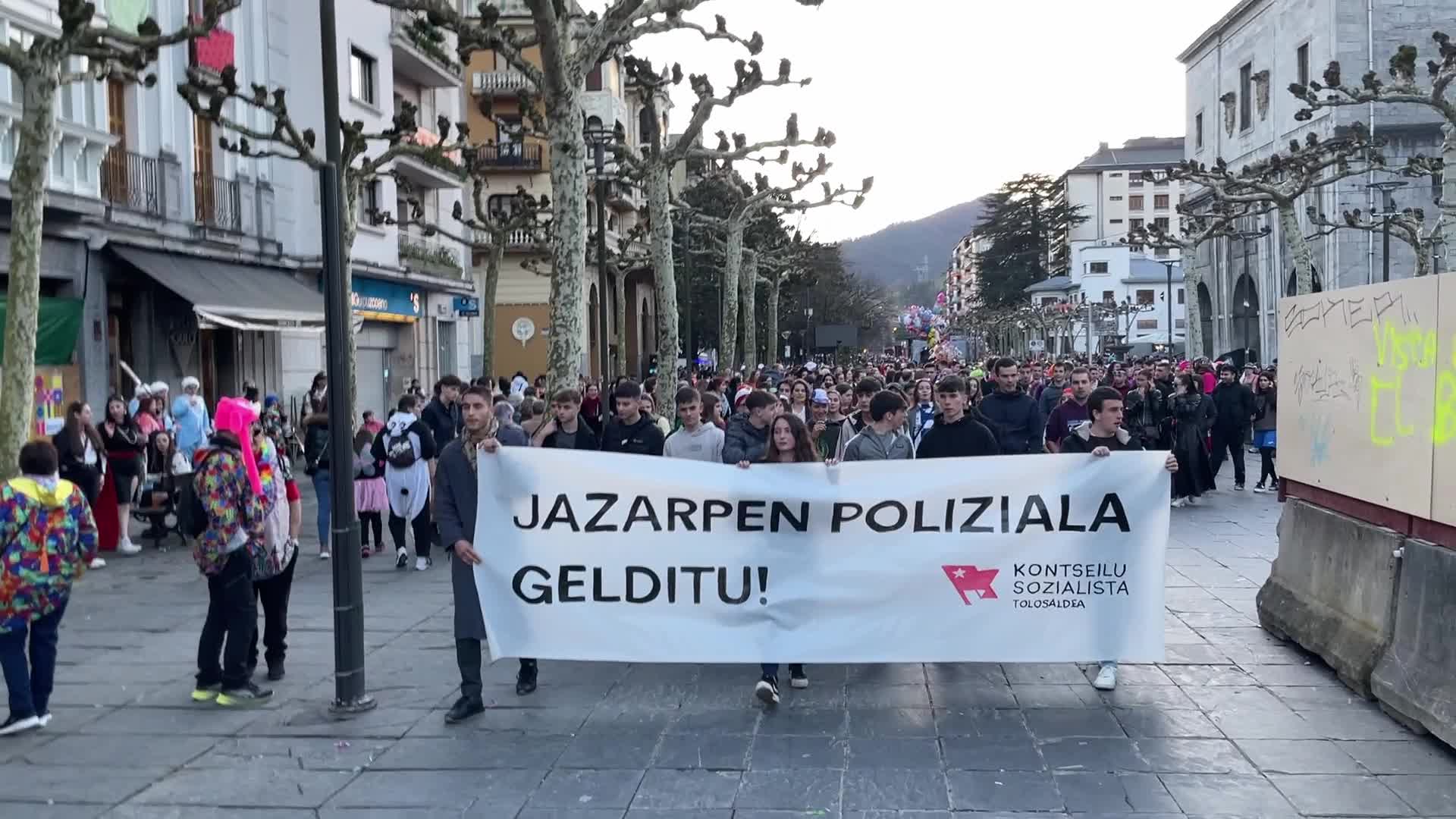
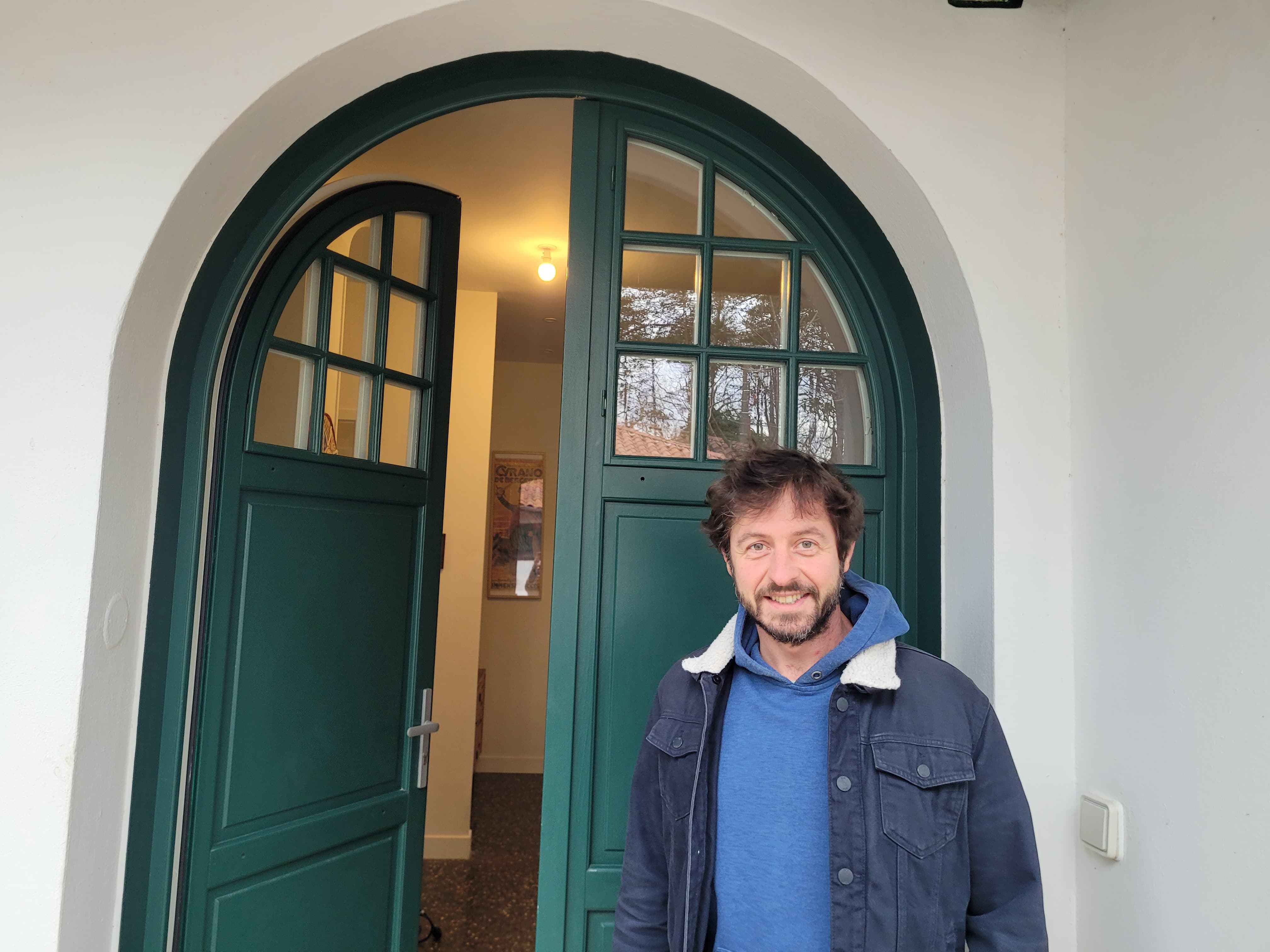
_2.jpg)
